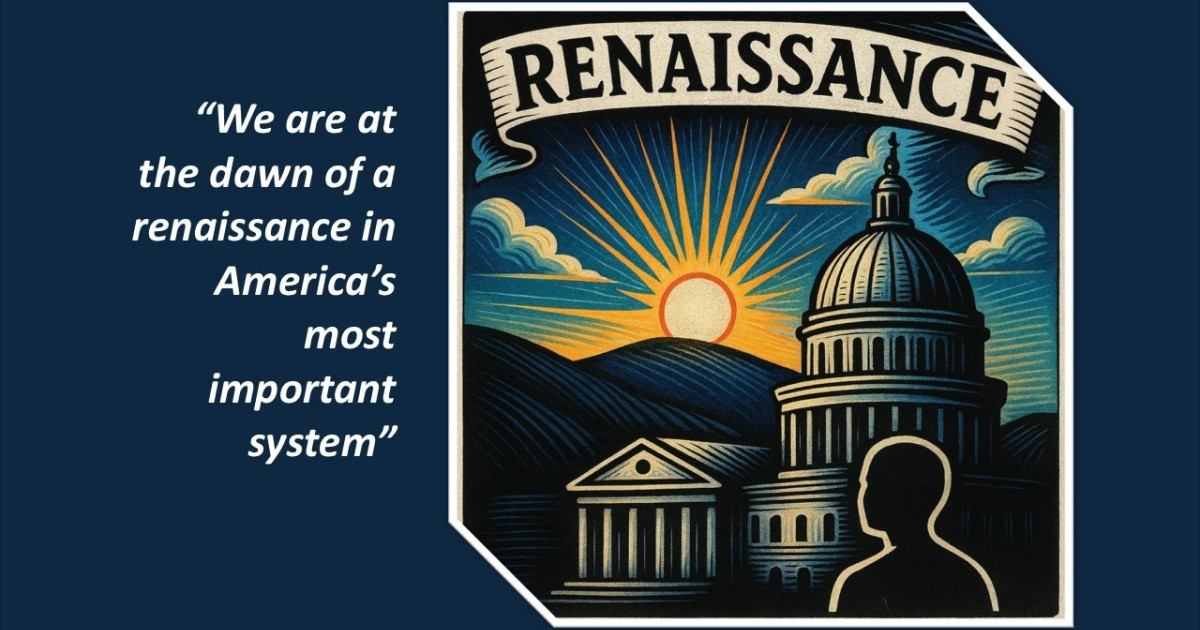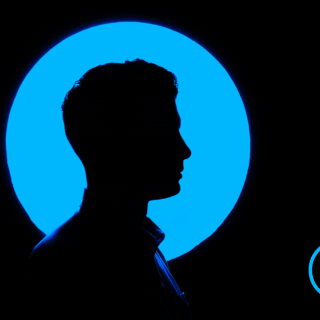America's HHS Renaissance

We are at the dawn of a renaissance in America's most important system. The system that serves the most people in their greatest time of need with the largest public sector workforce is the nation’s health and human services system. This is the system in which government meets people in the most meaningful ways, and, through states, these interactions are personal and vulnerable and require major transformation.
The early stages of this renaissance began as the impact of COVID-19 normalized and a collection of state leaders, battle tested through the pandemic, had developed relationship and decided to move from a defensive posture, responding to disruptions as they happen, to an offensive posture identifying the system’s necessary direction and methodically executing an aligned national approach.
For years, we in health and human services have been working towards the vision in which our teams can lift their eyes from a Medicaid application to see the person in front of them and ask ‘the next question.’ ‘Where are you staying tonight?’ ‘How are your kids?’ ‘What is your educational attainment and if you could have a better job, what would you like to do?’ We have been working tirelessly to move the systems from transactions to relationships yet the workforce is as strained as ever, the systems are relied upon in ways that they weren’t initially designed and the leading technology in these agencies is decades older than most of its stakeholders. Further, on the horizon in states across America, the HHS systems will be more in demand than ever before. These factors have meant that keeping up with the current work has been the short-term mission while transforming to the system we want has been mostly a dream.
The fall of Constantinople in 1453 generally marks the beginning of the Renaissance Period. In America, I believe the moment we will look back upon as the beginning of the nation’s HHS renaissance will be the explosion of generative AI in early 2023. The potential impact of this technology cannot be overstated in HHS, but any optimistic view must be counter-balanced by a sincere recognition of many ethical and practical risks that may come from its widespread adoption.
There is a meaningful group of HHS leaders who are engaged around the risks and opportunities of AI in their systems. Through hundreds of hours of conversations with them, whether personally as friends or in larger group settings among colleagues, all conversations lead to the goal of ‘Unlocking Human Potential’ by ‘Freeing up Organizational Capacity.’ Technology must first streamline the transactions of government. Then, as a companion for a dedicated workforce to move from transactions to relationships, the same technology can help develop personalized pathways empowering people to achieve personal and family success.
Phase one of the renaissance is already underway. Leaders and agencies are working to build an intentional culture that, among other things, allows for the creation of technology use cases centered in the needs of citizens and the critical workforce. This intentional culture allows for the development of a fertile landscape for seeds of transformation to germinate. This foundation of an intentional culture in health and human services requires attention and commitment, but without it, the Renaissance will stall. Future phases will likely follow the path of what I’m calling a Public Sector AI Maturity Model, which will be the focus of future discussions.
The manifestation of this vision of a future in which transactional efficiency builds trust that is used to develop and support people down pathways towards personal fulfillment can only be achieved through a seismic event that has disrupted the current state. This disruption is a fire to which leaders will run with vision, inspiration and as partners. The stakes are high.
Historians will look back at the emergence of generative AI in many ways. Its impact on our lives will be a story that will unfold over the coming decade. I predict today that there will be no greater impact than on those served by America’s most important system. We are living in the early stages of a Renaissance and I’m here for it.


